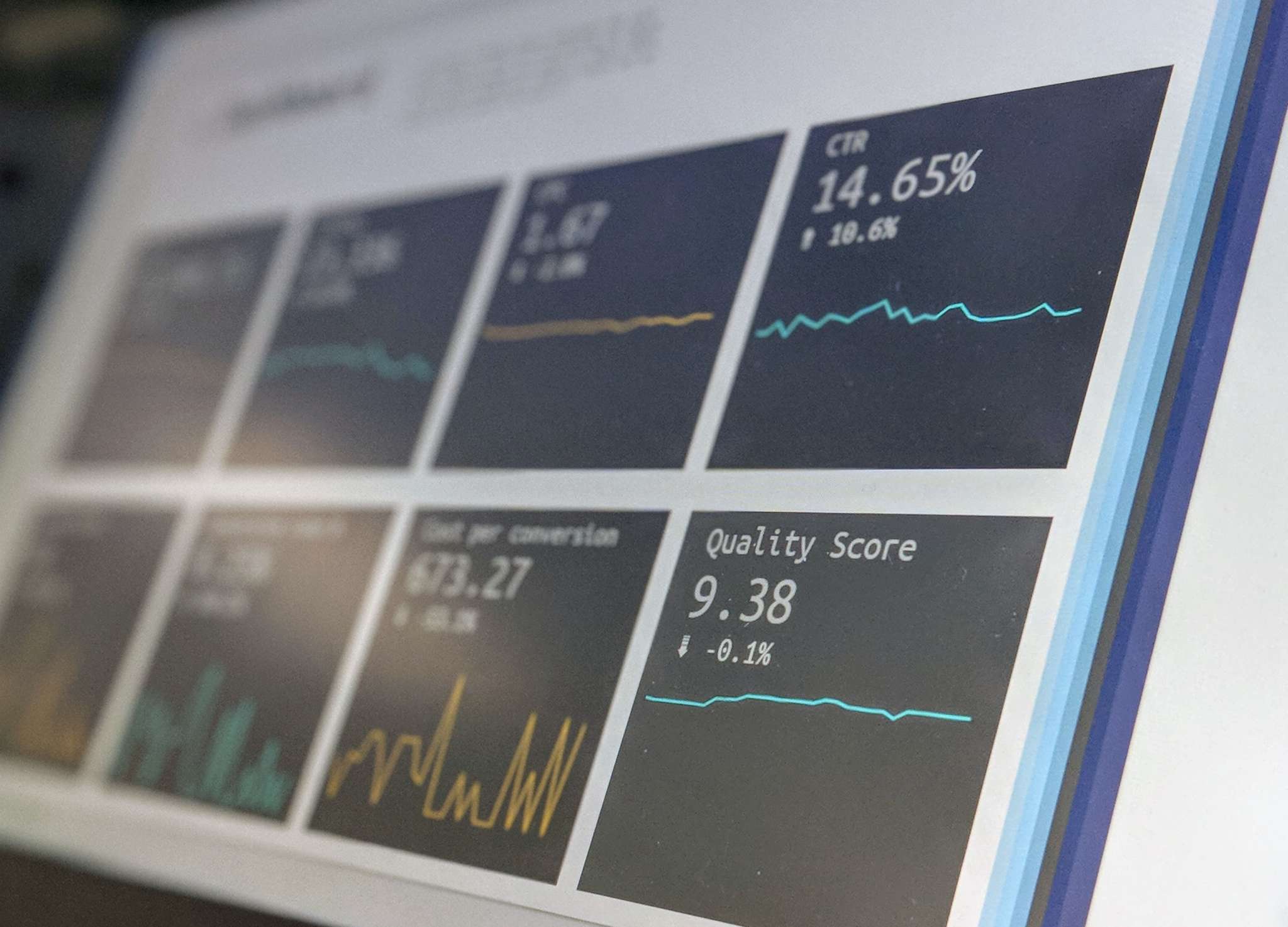Table of Contents
In today’s dynamic technological landscape, the emergence of blockchain technology stands as a monumental paradigm shift. This phenomenon goes beyond its initial association with cryptocurrencies like Bitcoin, transforming various industries in profound ways. A prime example of this transformative potential lies in the healthcare sector. Here, blockchain’s ability to revolutionize data management, reinforce security measures, enable seamless data sharing, and establish unparalleled transparency is paving the way for a new era of innovation and operational efficiency.
Healthcare stands on the cusp of a remarkable transformation, powered by the capabilities of blockchain. As this technology continues to evolve, its impact is extending far beyond its cryptocurrency origins. By enhancing the fundamental aspects of data control, protection, and accessibility, blockchain is poised to redefine how healthcare institutions operate, collaborate, and provide patient care.
Understanding Blockchain Technology
At its core, blockchain is a decentralized and immutable digital ledger that records transactions in a secure and transparent manner. Unlike traditional centralized systems, blockchain operates on a distributed network of computers, known as nodes. Each new transaction is added to a block, which is then linked to the previous block, creating a chronological chain of transactions. This design ensures that data stored on the blockchain is tamper-resistant and virtually impossible to alter retroactively.
Enhancing Data Security and Privacy
One of the paramount concerns in healthcare is the security and privacy of patient data. Traditional centralized databases are vulnerable to breaches and unauthorized access, which can have dire consequences for patient confidentiality. Blockchain addresses these issues by employing advanced cryptographic techniques to secure data. Patient records and medical histories can be stored on a blockchain, ensuring that only authorized individuals have access while maintaining the integrity of the data.
Interoperability and Seamless Data Sharing
Healthcare systems are often plagued by fragmented data sources that hinder effective patient care and medical research. Blockchain’s decentralized nature offers a solution to this problem by enabling interoperability among various healthcare providers, clinics, and even research institutions. Medical records, lab results, and treatment plans can be securely shared across different entities, leading to better-informed medical decisions and more efficient care coordination.
Streamlining Supply Chain Management
In addition to its role in patient care, blockchain technology offers the potential to optimize the intricate supply chain networks underpinning the healthcare sector. An illustrative application lies in the utilization of blockchain by pharmaceutical firms to monitor the entire trajectory of medications, spanning from their creation to their distribution. This application ensures the verification of medication authenticity and serves as a deterrent against the proliferation of fraudulent drugs in circulation. The resultant benefits extend beyond safeguarding patient well-being, encompassing an enhancement of the overall transparency and productivity of supply chain operations.
Revolutionizing Clinical Trials
Clinical trials play a fundamental role in driving progress in the field of medicine. However, they frequently encounter hurdles associated with maintaining transparency and ensuring the authenticity of data. The application of blockchain technology, known for its transparent and tamper-resistant ledger system, offers a promising solution to bolster the credibility of clinical trial data. By leveraging blockchain, the accuracy and impartiality of results can be significantly improved. This, in turn, has the potential to streamline the process of approving novel treatments and therapies, ultimately leading to better outcomes for patients who require them.
Empowering Patients with Control
Blockchain technology offers the promising capability of empowering patients through enhanced control over their health data. This empowerment stems from the secure facilitation of sharing medical information with healthcare providers and researchers as required. Consequently, this seamless sharing enables the development of personalized treatments, ultimately leading to better medical results. By adopting this patient-centric approach to data management, a culture of transparency and trust is fostered between patients and healthcare providers.
Challenges and Future Outlook
Though the potential advantages of employing blockchain within the healthcare sector are noteworthy, there exist certain obstacles that necessitate attention and resolution. These challenges encompass regulatory intricacies, seamless technological assimilation, and the assurance of precise data integrity. Nevertheless, as blockchain technology advances and vested parties work collectively to surmount these hindrances, the outlook for a healthcare system empowered by blockchain appears to hold substantial promise.
Conclusion
Blockchain’s impact extends far beyond its association with cryptocurrencies like Immediate Edge which is an Online trading platform. In healthcare, blockchain technology offers a powerful solution to data security, interoperability, and transparency challenges that have long plagued the industry. From enhancing patient privacy to revolutionizing clinical trials, the applications of blockchain in healthcare are wide-ranging and transformative. As the healthcare sector continues to embrace innovation, the integration of blockchain stands as a testament to its potential to reshape industries for the better.
Photo Credit: Unsplash


